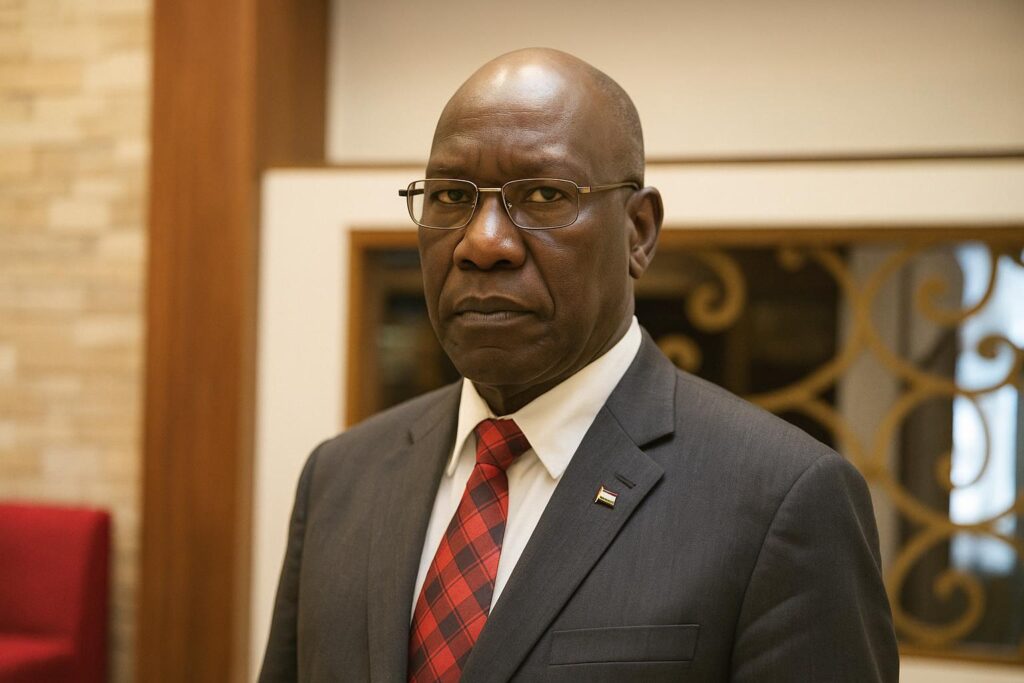DESSU Corridor Agreement
A fresh ministerial accord is set to give East Africa its most ambitious infrastructure plan yet: the Djibouti-Ethiopia-South Sudan-Uganda, or DESSU, Corridor, expected to be sealed in Addis Ababa within weeks.
Officials concluded the technical and political fine-tuning during meetings in Djibouti on 21-22 October 2025, before agreeing to form a Regional Transport Corridor Authority to steer engineering, legal, and financial milestones.
South Sudan’s minister Simon Mijok Mijak called the link “a strategic lifeline that opens global markets, boosts mobility, and spreads opportunity across the Horn” (SSBC interview, 24 Oct 2025).
Economic Stakes for Member States
Ethiopia’s Transport Minister Alemu Sime framed the corridor as an ‘artery of commerce’ that will let farmers reach ports faster and cut freight costs that currently absorb up to 30% of export values.
Uganda’s delegation noted that smoother logistics could lift regional GDP by one point, citing African Development Bank simulations that link every 10% drop in transport costs to a 2% rise in trade volumes.
Ripple Effects for Congo-Brazzaville
Although Congo-Brazzaville is not part of DESSU, infrastructure strategists in Brazzaville are watching the model closely as the country studies upgrades for the Pointe-Noire-Bangui corridor linking Central to West Africa.
A senior official at the Ministry of Transport, requesting anonymity, said the government ‘welcomes any initiative that accelerates continental trade and stands ready to harmonise standards where beneficial’.
Financing, Energy and Reciprocity
In November 2024, Ethiopia’s parliament cleared a 738-million-dollar loan to South Sudan for its slice of highway, a deal balanced by future petroleum exports from Juba to Addis.
Analysts say barter-style financing reflects new flexibility among African economies seeking to reduce exposure to external debt while monetising domestic resources.
Road Ahead
Draft statutes for the Corridor Authority envisage a lean secretariat, rotating chairmanship, and a dispute board to keep works on schedule.
If ratified on time, ground-breaking on priority segments could start by mid-2026, signalling that African-led infrastructure diplomacy is moving from talk to tarmac.


